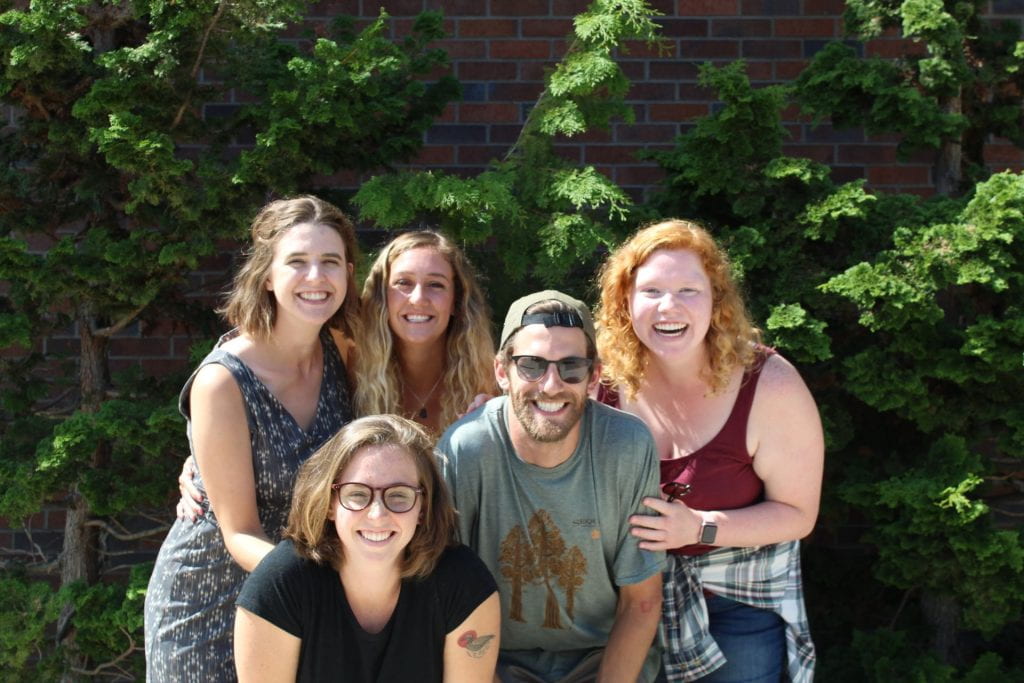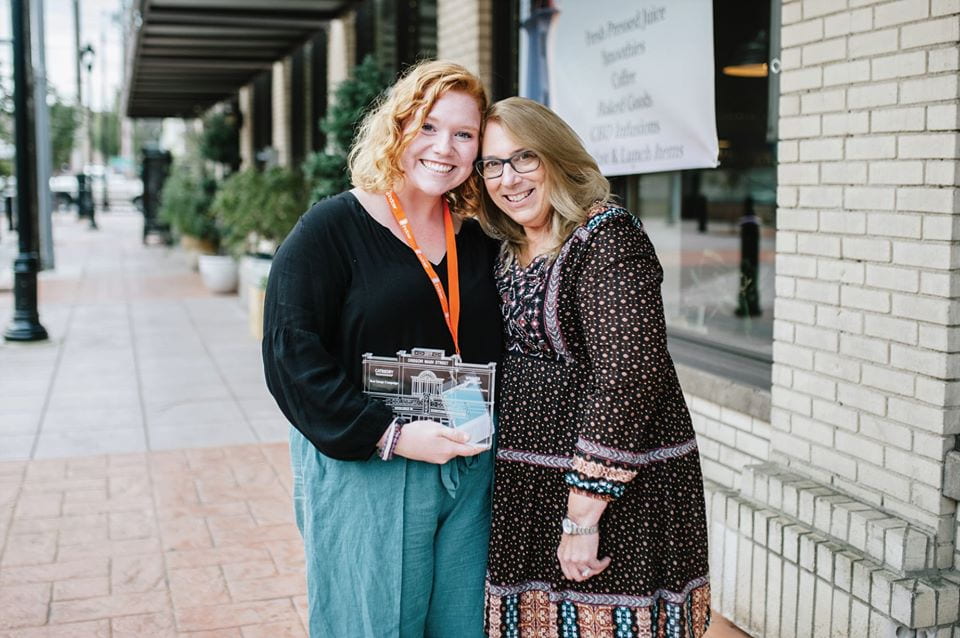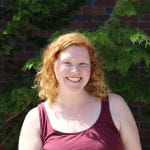By Emma Gerona, Renewable Energy Coordinator, Lake County Resources Initiative
Be okay being out of place. This is something I have told myself over and over through the last few months of my RARE service year in Lakeview. Though I was born and raised in a similarly rural and remote community of 2400 in the Colorado Rockies, economically the two communities could not be more different. Lakeview is primarily a ranching community still recovering from the downfall of the timber industry. Most families who live here have deep generational roots, whereas my hometown is a patchwork of misfits, most of whom moved there as ski bums in the 70s and 80s. I have gotten used to getting called out at business meetings, restaurants and the grocery store as ‘not being from here’ and have memorized the ‘I’m new’ narrative that ensues. At first being labeled as new to town felt isolating, but I have begun to shift that narrative.

RARE gives us the opportunity to bring resources to communities that might not have the capacity to pursue the type of community development that we are focusing on. This program is an opportunity to bring new resources to help tackle long standing problems faced by rural communities. Through the few months that I have been working in Lakeview I have seen only positive responses to my arrival in the community. I have allowed this label to be an exciting way to introduce the work that I am doing, and frame the renewable energy conversation in a new light. When I introduce the renewable energy development work that I am doing I have been surprised at the openness people show in sharing their stories and desires for moving to renewables. I have heard stories of family farms that have been handed down for generations, of families that have been here since Lakeview was founded in 1889. These families have lived through the boom and subsequent bust of the local economy and are searching for ways to revitalize their sleepy cowboy’s paradise to the flourishing community they once knew. There is a clear shared motivation to do what needs to be done in order to make significant change and it is easy to get swept up in the obvious optimism for the community’s future.
Though I have experienced a general sense of intrigue in my project, I have had to learn that this motivation is focused closely on the economic well-being of the community. I have had to shift my narrative about renewable energy from one of climate advocacy to center around economic stability. When I discuss the savings associated with energy efficiency upgrades, people see more money in their pockets, which can mean groceries for the week, or gas money to travel to the next town over for items that cannot be found in Lakeview. The health of the climate is not a present concern when you are focused on keeping the farm that your family has held for decades afloat. I needed to become comfortable with this shift in the portrayal of the benefits of the type of energy development that I work with and embody this economic centrality in my conversations around the work that I do.
Being a part of what really is the RARE family has expanded my understanding of the diversity of issues faced by Oregon’s rural communities. These distinct histories and problems are what shape the collective consciousness to drive positive change throughout the communities where RARE works. Though I moved here completely unfamiliar with the unique economic complexities of Lake County’s past, the past four months have taught me to enjoy being out of place. You can learn the most from those around you in unfamiliar situations if you are open to listening and learning from others’ lived experiences.
 About the author, Emma Gerona: Emma Gerona was born and raised in a small mountain town in Colorado. She studied Finance and Sustainable Business Operations at the University of Colorado, Boulder. She was introduced to the world of renewable energy nonprofits in her time at the American Solar Energy Society (ASES). She was most recently living in Japan working for ASES and enjoying the great skiing in Hokkaido. She is excited to explore all that Oregon has to offer by spending her free time running, climbing, skiing and hiking through the state’s beautiful outdoors.
About the author, Emma Gerona: Emma Gerona was born and raised in a small mountain town in Colorado. She studied Finance and Sustainable Business Operations at the University of Colorado, Boulder. She was introduced to the world of renewable energy nonprofits in her time at the American Solar Energy Society (ASES). She was most recently living in Japan working for ASES and enjoying the great skiing in Hokkaido. She is excited to explore all that Oregon has to offer by spending her free time running, climbing, skiing and hiking through the state’s beautiful outdoors.
Rural Oregon needs you now more than ever. Does community development work interest you? Are you looking for a life changing experience in rural Oregon? Learn more about serving with the RARE AmeriCorps Program via our website. Applications due April 24th.



